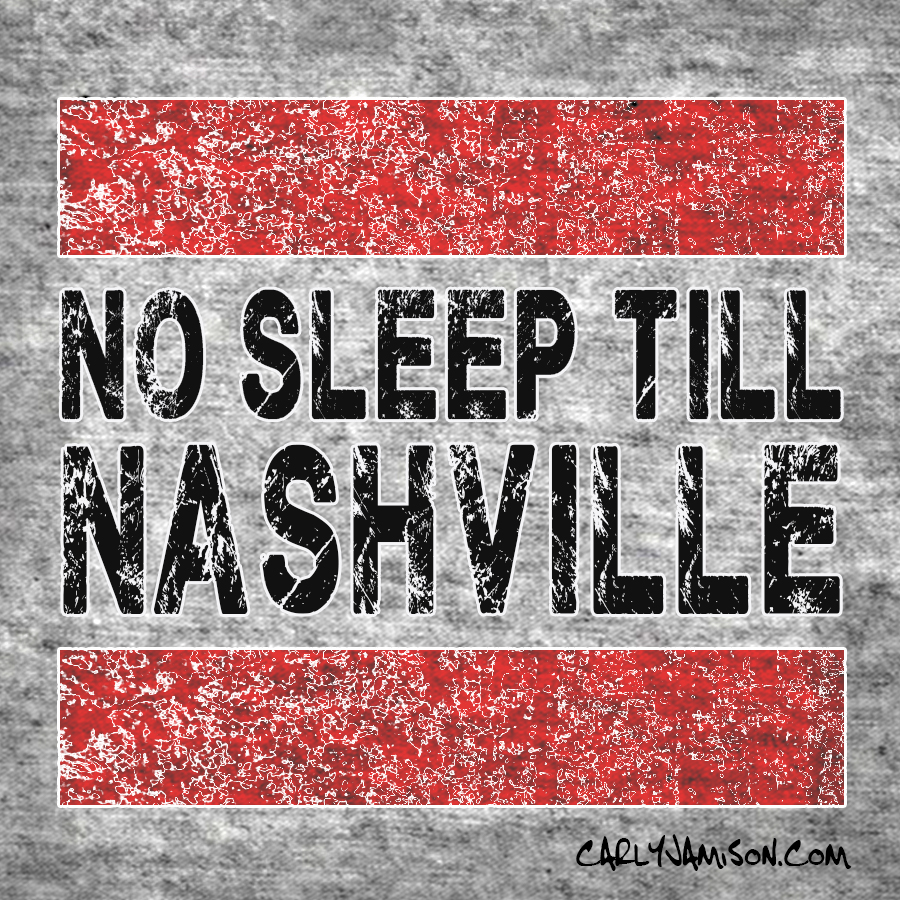

Houdini is well-known, but I sincerely doubt rabid Houdini fans have made an impact on our bottom line. ( Production of “The Dead: 1904” (2017) in New York City).īut I’d argue these adaptations are missing out on the big reason to adapt, which is the financial benefit. “The Dead” is easy to pick on-that’s super-obscure. Public domain? Fair game! Nothing will satisfy public demand more than an immersive dinner production of James Joyce’s short story published in 1914. A baffling trend, until you realize it’s all about the rule above. IP invocations are happening less in the immersive theatre realm in comparison, where we see more shows based on Shakespeare and 19th-Century novelists. There are many escape rooms based on IPs, licensed and unlicensed and hovering in that grey area, and they’re all trying to capitalize on the “established fan base” advantage, hoping a Harry-Potter-style game will be their market differentiator. You’ll almost certainly not have as good of a lawyer as the IP suing you. You can maybe sneak in under “fair use,” which allows for parody of or commentary on a copyrighted work, but that’s ultimately an act of “crossing your fingers that you never get caught in the first place.” In which case, you better hope you never get big. (See: Time Run, Escape Room Live, Punchdrunk (there’s a Dr. Only the very biggest of companies can really afford a deal.

There’s no easy path to acquire IP rights, and if you do connect with the right people, you’re likely in for some serious sticker shock. (Good news: that horizon is about to, at long last, start moving again this year. Essentially, in the United States, you cannot create within somebody else’s story-world, unless it is in the public domain, that is, published before 1923, or otherwise lapsed in copyright. This is a big, sticky area that I’m not an expert in and don’t want to be an expert in, but it’s worth addressing here. But just how many works are there that can tap into a rabid fan base or inspire purchases on the “sunk cost fallacy” in entertainment? Unless you work some IP-magical-deal like Time Run did, not many. Taking up an established brand’s very tempting. It was total crap, but lo, it even toured. Did anyone really want Ghost: the Musical? Perhaps not, but once it opened, it became a safe ticket for summer-time tourists. Hollywood and Broadway have been onto this secret for a while now, from the Marvel Cinematic Universe to Sponge Bob: the Musical. It’s not entirely dissimilar to the sunk-cost fallacy. While I could theoretically find a better or equal Thai restaurant in Houston, why risk the dollars, the calories, and the time on a new place, over the place I know is good? In the same way, we buy tickets for story-worlds we already know something about, rather than starting from ground zero. Risks sometimes pay off, but more often than not, they don’t. That looks incredibly risky in any other context, but given the established fan base, it makes sense.Įven if you’re not a super-fan of the work, people tend to like things they’re familiar with over something totally new. Instance: in anticipation of demand, The Game Is Now will open with no fewer than FIVE COPIES of the game.

People who’ve never heard of immersive theatre or haven’t ventured into an escape room yet are now snatching up your tickets. Media and social media suddenly appear and drool. Your story is unknown, your company is unknown, hell, even your very genre confuses people when you try to explain it.īut if you create a show from an established brand, you immediately tap into an established fan base. With such a wide-open frontier in the immersive industry, it’s hard to get any attention on your own. We all ultimately want to sell our art, get rich quick, quit our day jobs. Adaptations give the writer creative parameters.Adaptations give the audience grounding.Adaptations can potentially sell more tickets.We boiled adaptation’s advantages down to three… This topic came up again in development as we started work on S how #2, so here’s my dispatch from those front lines. It’s a particularly interesting question for the immersive industry-a lot of shows and games are inspired by source material. In developing our immersive theatre escape rooms, Strange Bird has talked a lot about whether to adapt a work or to make something original. Whether you’re excited or not by the Sherlock fusion, you have to admit: damn, this move is SMART. The news got me thinking again about the decision all storytellers make to adapt something existing or to compose something original. Big news hit the escape room community this week: Time Run announced their collaboration with BBC’s Sherlock in an all-new experience, The Game Is Now.


 0 kommentar(er)
0 kommentar(er)
